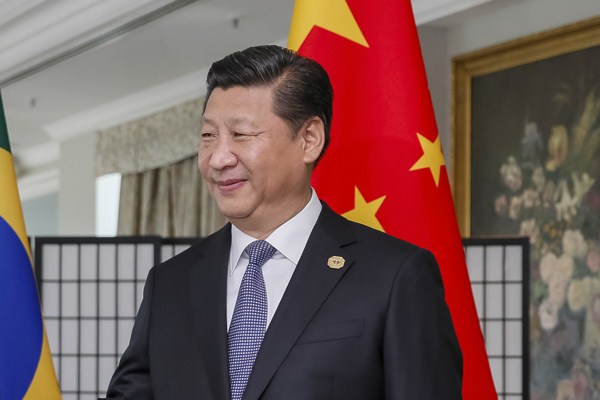Since coming to power in 2012, Chinese President Xi Jinping has exhibited a more forceful and direct style of governance than his predecessor. That has included an unprecedented domestic anti-corruption campaign, a renewed push at corporate sector reform and a more strident posture in many aspects of foreign policy. Some foreign commentators have interpreted these moves as an attempt to recentralize political power and even re-establish the “cult of personality” around political leaders that prevailed in China for much of the 20th century.
An alternative interpretation is that Xi’s government has acknowledged fundamental problems within the Chinese political economy and is taking meaningful steps to address them. The system of collective rule that has emerged in China since 1978 had become corrupted. There has been a realization in Beijing that more-intelligent and transparent governing structures are required to facilitate China’s continued socio-economic development.
Rather than articulating a new brand of triumphalism, China’s Communist Party is in fact engaged in a period of introspection and self-correction. The government seems less focused on propaganda-driven “pomp and ceremony” and more determined to address underlying structural issues. The Fourth Plenum in late October in Beijing, for instance, was the most low-key of such events in recent memory. Moreover, Xi may be centralizing political power, but he is simultaneously devolving many of the functions of power, be it to the market, regional governments or indeed to Chinese citizens.

